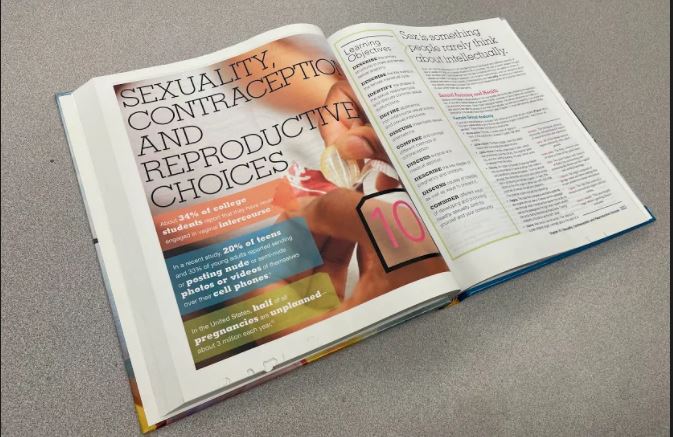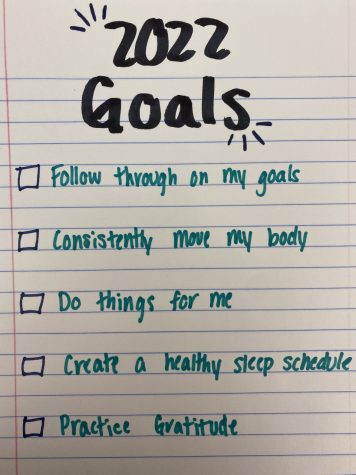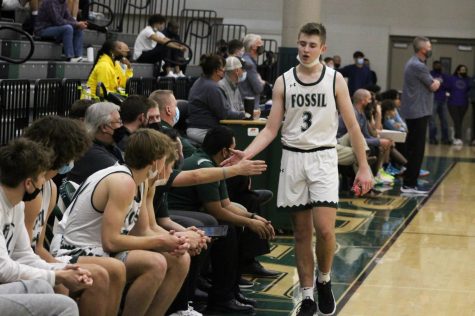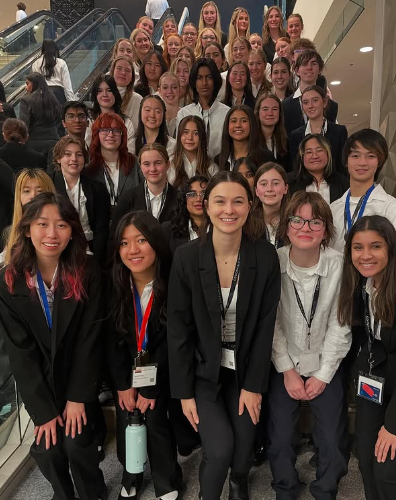“DON’T HAVE SEX”: The problem with abstinence only sex-education
Keeping kids informed about sex takes more than just the right textbook.
High quality sex education is important to keep young people safe. Not having proper knowledge about sex has serious, potentially life-changing consequences. Unfortunately, statistics show that the number of teens receiving adequate sex education is decreasing.
The decrease of information on safe sex is directly related to the ‘abstenince only’ approach to sex education that is embraced by schools all across America. While abstinence is a safe, valid option for teenagers, it is also unrealistic to expect all teenagers to practice abstinence.
“We know that like 99% of people are going to be in some sort of romantic relationship,” said health and wellness teacher, Lisa McVicker. “And if they want to be sexually active, my job is to arm them with all the knowledge that I can, and more importantly, how to find good information that is fact based for when they leave my class.”
One of the main reasons schools are inclined to provide abstinence only sex education is because of pressure from parents who deem it innapropriate. It is common for parents to be uncomfortable discussing safe sex with their children or allowing them to learn about safe sex at school unless it’s abstenince only.
“Students should feel comfortable talking about sex,” said McVicker. “And that’s part of the reason I send the homework of talking to your parents, because it might be awkward, and your parents might not want to have that conversation. But it’s so important to be able to talk about that stuff.”
Sexual health is just as important as any other health subject being taught. Especially considering how dangerous it can be for young people if they aren’t taught about consent and communication in sexual relationships.
“It’s really important to understand how to communicate about what people are comfortable with,” said Hope Cornellis, Director of Prevention Education and Outreach at SAVA center. “Students need to know how important it is to get consent and respect each other’s boundaries, and kind of recognize your own boundaries.”
Schools that preach strictly abstinence as a form of Sex Ed are depriving their students from enganging in conversations about consent and boundaries in a safe, educational environment.
“I think really just that respect and communication absolutely needs to be a part of Sex Ed because that’s so interpersonal and so sensitive, and uncomfortable to talk about,” said Cornellis. “So it’s really important to learn and give people skills and tools to talk about those things.”
At the end of the day, the goal of comprehensive sex education is to keep kids safe and informed, while respecting the personal beliefs of parents and students. Abstinence should still be taught and no one should be required to attend a class if it makes them deeply uncomfortable.
“I think that the comfort of those involved should definitely be taken into consideration,” said Cornellis. “But I don’t think that should outweigh evidence based practices for the information that needs to be included for young people to have safe and healthy lives and relationships.”
Your donation will support the student journalists of Fossil Ridge High School. Your contribution will allow us to purchase equipment and cover our annual website hosting costs.













